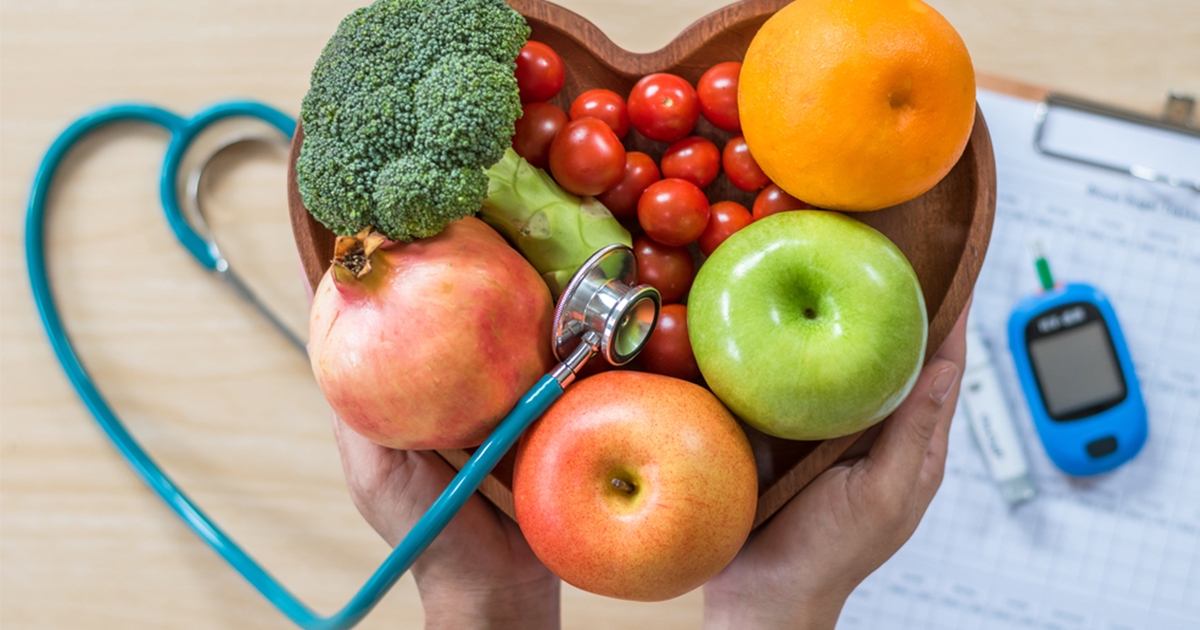The Impact of a Plant-Based Diet on Kidney Health: Debunking Misconceptions

Plant-based Diet and Kidney Health
The plant-based diet has become a trend in recent years. Plant-based diet consists of whole grains, fruit, vegetables, legumes, unsalted nuts, and healthy oil. It is suggested that plant-based diet brings many health benefits as it is rich in fiber, vitamins, and minerals. In the past, people with kidney problems were asked to avoid plant-based food because doctors thought plant-based food had too much potassium and phosphorus but limited protein. Now, we know it is not true.
Working with a kidney dietitian can help with getting the proper nutrients in a safe amount. In fact, some studies show that plant-based diet may slow down kidney problems progression:
Lowering acid load in the blood and easing kidney strain by consuming less animal-based foods.
Phytates in fresh vegetables and whole grains bind phosphorus, leading to less phosphorus absorption.
Build of Acid and Kidney Health
One of the jobs of healthy kidneys is to remove acid from the body to keep the right balance. People with kidney problems may build up acid in the blood as the kidneys are unable to get rid of the acid. Too much acid build up in the body could increase the risk of bone loss, muscle loss, endocrine issues, and progression of kidney problems. Increasing fresh fruit and vegetables in the diet may reduce acid load as they produce alkali, unlike food like meat that will cause acid production.
Phosphorus and Kidney Health
Similarly, normal working kidneys remove extra phosphorus in the blood. If the kidneys fail to work well, the excess phosphorus in the blood can pull calcium from the bones and may lead to serious health consequences, such as weak bones and heart problems. Phytates are present in non-highly processed plant-based food. Our body absorbs around 50% of phosphorus from non-processed, plant-based food, while the absorption rate is much higher for protein-rich foods such as meat or processed food with phosphorus additives.
Blood Quality and Kidney Health
Kidneys have many functions, many of which are related to blood quality. A healthy kidney can balance substances in the blood and keep the rest of the body healthy. Once the blood quality is compromised, it may lead to many health consequences, and the examples stated above are only a glimpse of it. Interestingly, blood quality and kidney health influence each other. As said, a healthy kidney makes good blood quality. In the other way, good blood quality helps preserve kidney function. Compromised blood quality can damage the delicate blood vessels inside the kidneys.
DTS & Healthy blood quality
The ingredients in DTS are well-known for their ability to enhance blood quality. The added benefit of kidney protection from the DTS formula can undoubtedly elevates blood quality. In addition, by promoting better blood circulation, DTS can help optimize the delivery of nutrients and oxygen in the blood, thereby improving its quality and functionality. This is crucial for maintaining overall health since DTS not only has positive effects on kidney function but also contributes to enhancing overall blood quality.
- * All research and clinical data should be used as reference purposes only, results may vary.




